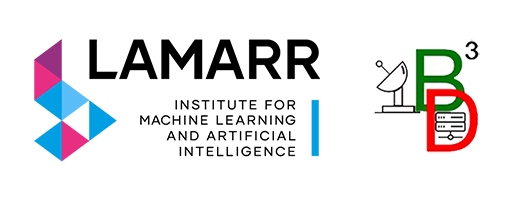Speaker
Description
Continuous developments in systems for recording radio astronomical signals lead to a natural increase in the volume of data acquired. This increase, in turn, exacerbates the challenges associated with the storage and processing of this information. A potential solution to this challenge is the development of systems underpinned by deep machine learning. These systems, at the stage of signal acquisition, could classify the data and retain only those portions that contain significant scientific information for further analysis. However, the challenge resides in ensuring that these systems not only exhibit high accuracy across a vast array of signals but also maintain exceptional sensitivity to avoid overlooking weak signals that still have significant scientific value. This presentation will discuss efforts to implement such a model, utilizing radio pulsar data from the Effelsberg telescope as a case study.

